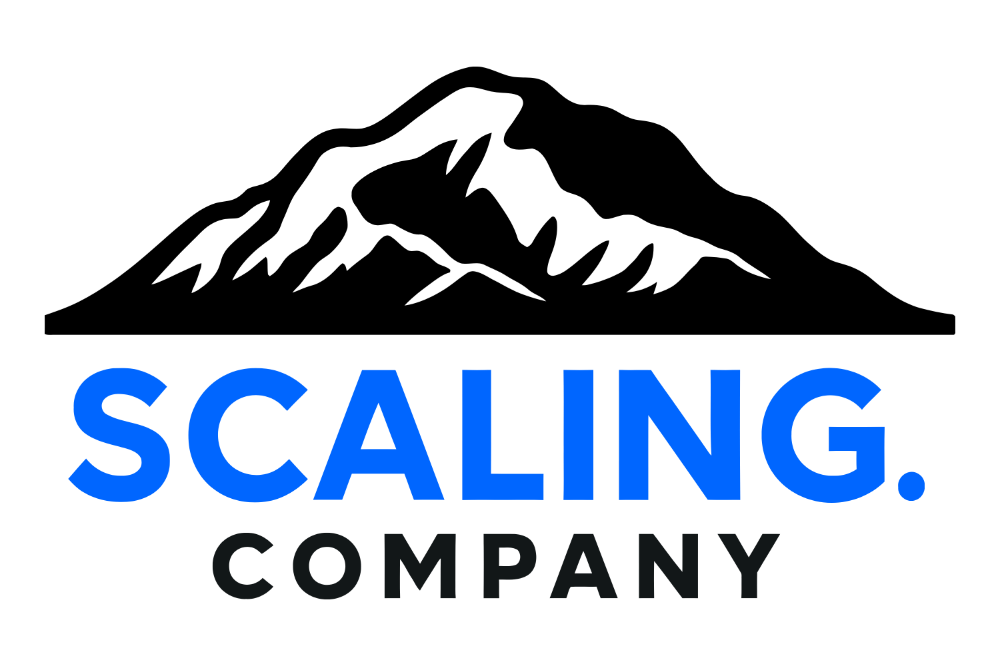Beware AI Notetakers

AI notetakers like Otter.ai, Fireflies, and Fathom are becoming common tools in virtual meetings. They record, transcribe, and often auto-distribute meeting notes - saving time and improving documentation. They can be a huge timesaver.
But here’s the problem: these tools don’t know what’s on or off the record.
And in some cases, they’ve caused major issues...ones that many teams never see coming.
Real-World Mistakes with Real Consequences
In the past few months, I’ve seen two incidents firsthand:
-
Early Start, Open Mic:
A few people joined a call early and discussed a confidential topic. When the meeting officially began, the AI notetaker had already started recording. After the call, a full transcript, including the private conversation, was emailed to every invited attendee, even those who never joined the meeting. -
Late-Ending Leak:
A post-meeting chat between two team members was also captured by the AI tool, which kept recording until the host formally ended the session. Again, that sidebar discussion was shared with the full attendee list.
If you think these are rare exceptions, they’re not.
What You Risk with AI Notetakers
Beyond accidental recordings, here are seven more reasons to think twice:
-
Misquotes and False Attribution
AI isn’t perfect. It can assign statements to the wrong person or misinterpret them, leading to confusion or reputational damage. To be safe, always double-check the source. -
Passive Surveillance Culture
Always-on recording can make employees self-censor, stifling open conversation and eroding team trust. -
Compliance Violations
Tools that store transcripts on third-party servers may violate HIPAA, GDPR, or internal data policies, especially without proper consent. Check if you have compliance requirements. -
Data Breaches
Meeting transcripts often include sensitive content. If the notetaker’s platform is hacked, your internal discussions and client information could be exposed. -
Over-Reliance on Transcripts
When people expect transcripts, they may stop listening, taking notes, or fully engaging in the discussion. -
Consent & Legal Risks
In some states and countries, it’s illegal to record someone without explicit consent. Violating this can result in fines or lawsuits. This issue is real but rare since most notetakers alert that they're recording. -
Wrong People Receiving Notes
Many platforms auto-send notes to all invitees, regardless of attendance. That means contractors, interns, or even ex-employees could receive sensitive intel unintentionally. Turn off this feature (so you're the only person receiving the notes).
What You Can Do Instead
AI notetakers aren’t bad, they just require boundaries. Here’s how to use them safely:
-
Manually control when recording starts and stops
-
Announce recording clearly at the beginning of each meeting
-
Limit transcript sharing to actual attendees (or just yourself)
-
Set company-wide rules for when AI notetakers are allowed
-
Hold sensitive discussions outside of recorded sessions
Final Thought
AI notetakers are powerful tools, but they don’t know what’s confidential, off-topic, or “just between us.” That’s your job.
So before your next meeting starts - or ends - pause and ask:
“Do we really want this on record?”
Ryan Giles
Stay connected with news and updates!
Join our mailing list to receive the latest news and updates from our team.
Don't worry, your information will not be shared.
We hate SPAM. We will never sell your information, for any reason.

